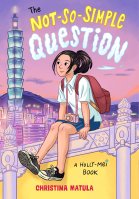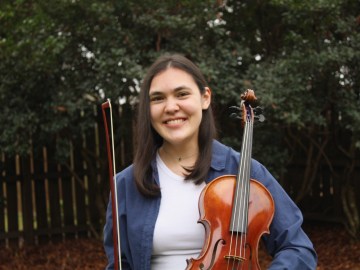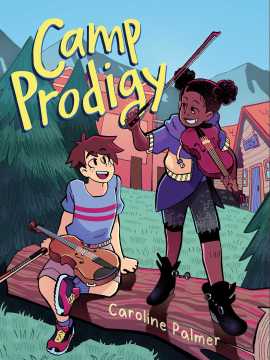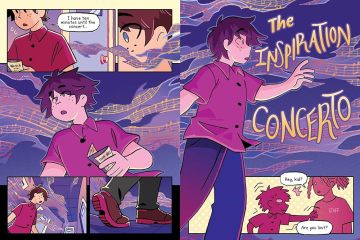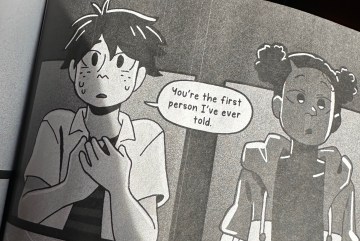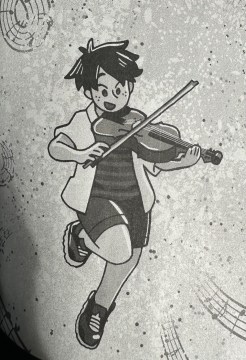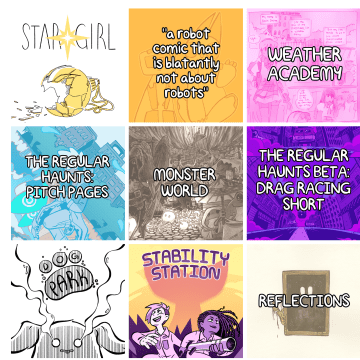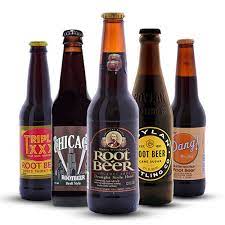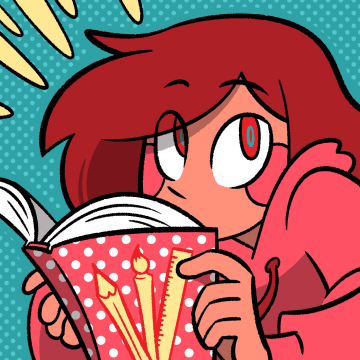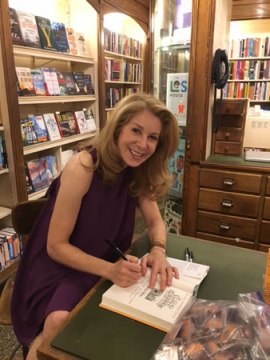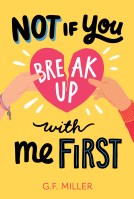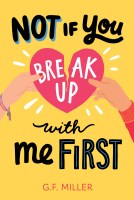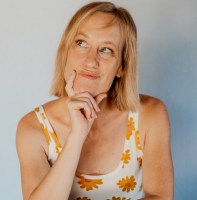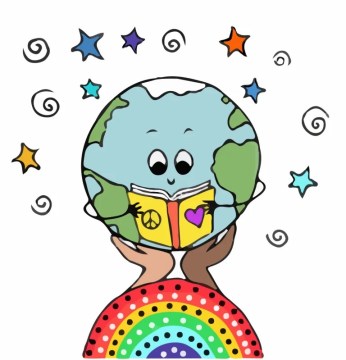
WNDMG Wednesday: Author Interview with Christina Matula
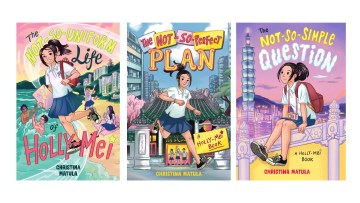
I’m so excited to be able to introduce you to author Christina Matula today. Christina’s newest title is The Not-So-Simple Question (HarperCollins), which is the third title in her Holly-Mei series, launched on April 23, 2024.
I absolutely love the description of this book. It sounds so interesting, with themes on what it means to belong, and immigrant child identity. I cannot wait to dive into this series!
I encourage everyone to buy a copy for themselves and their classrooms and libraries.
About The Not-So-Simple Question:
Description taken from online:
Return to Hong Kong in the third book of this charming Middle Grade series starring Holly-Mei, a girl navigating her new city, new school, and new friendships.
Holly-Mei is caught in the middle.
Holly-Mei Jones has finally settled into her new friend group in Hong Kong–that is until suddenly everyone starts talking about dating. Which Holly-Mei is not ready for.
At least she has her school’s Experience Week to look forward to. Holly-Mei can’t wait to show off Taiwan, where her beloved Ah-Ma is from, to her friends. The trip is going to be perfect…right?
Maybe not. On top of the pressure to date, Holly-Mei starts to wonder if maybe being half-Taiwanese isn’t enough. In the face of these big questions, will Holly-Mei be able to finally feel like she belongs?
Interview with Christina:
I loved getting to talk to Christina about her new book and I think you will enjoy meeting her and Holly-Mei as well.
SSS: What a wonderful description. I was interested right away! What is the inspiration behind The Not-So-Simple Question?
CM: I really wanted to write a book where Holly-Mei delves into her mixed-race identity. Like me, she is half Taiwanese, born and raised in Canada. Growing up, I never saw books with mixed-race characters, and I wanted to write a book that touched on this topic, including the richness of coming from a multi-cultural household and the journey of self-discovery. In a nutshell, I wanted to write the book I wish I had as a child, a book that would let me know that it’s okay to sometimes feel unsure and to push back on expectations, but at the same time celebrate my heritage.
SSS: As a mom of three girls, I love stories about girls and especially diverse girls. How is Holly-Mei as a character? Is she sassy and spunky, or shy and introverted?
CM: I’d say she is spunky and sporty, fun and approachable, with a competitive streak. She has her flaws, such as not always thinking before she speaks, but we see her grow over the series into a more thoughtful and kind-hearted friend.
SSS: As a Syrian-American, I think often about the themes of multi-cultural identity. Can you expand on what it means for Holly-Mei to be half-Taiwanese?
CM: Holly-Mei has always loved being mixed-Taiwanese and having two cultures to call her own. Even though she was raised in Canada, she always had her Ah-ma, her Taiwanese grandmother, by her side to pass down traditions. In the book, as she and her classmates prepare to go on a cultural trip to Taiwan, someone asks her a seemingly simple question “So you’re only half?” This sows some doubt in her mind about whether she can claim this part of her heritage, particularly as she’s not lived in Taiwan and her Taiwanese language skills are nonexistent. She needs to navigate internal questions about what being mixed means to her considering these seeming contradictions. In the end, she learns that her identity is what she feels in her heart and the power to define it rests in her own hands.
SSS: The subject of dating is one that seems to be increasingly explored in Middle grade. How does Holly-Mei view dating and how does her view inform how she views her friends and peers when they start dating?
CM: Holly-Mei has good friends who are boys and is perfectly content with that dynamic. She’s not ready to think about anything different, particularly at only twelve years of age, so she finds the pressure to date that comes along unwelcome. She sees how dating and crushes amongst her friendship group can sometimes lead people to be distracted or act less thoughtfully, as well she witnesses the stress and heartache her cousin goes through when faced with a breakup.
In this age of social media, kids may feel pushed into relationships or situations they are not ready for. I wanted to remind readers that it’s okay to not want these things, that they can just be kids.
SSS: Will there be more Holly-Mei (or other middle grade novels) in the future?
CM: The Not-So-Simple Question is the final book in the Holly-Mei series. I feel like the series has come to a natural conclusion. Her character grows in confidence and comes to understand that she’ll be just fine, whatever direction her life may take her. The end circles back to Book 1, The Not-So-Uniform Life of Holly-Mei, where her Ah-ma teaches her a saying “ku jin, gan lai”, bitterness finishes, sweetness begins. At the end of Book 3, Holly-Mei knows she’ll be able to make sweetness wherever she is in the world.
I would love to keep writing middle-grade books. It’s such an amazing space in which to contribute and make connections with young readers.
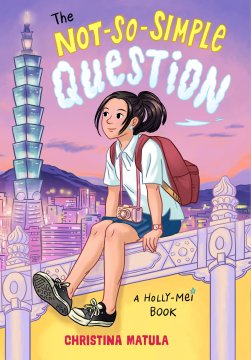
Writing Process
SSS: When did you start writing the series of Holly-Mei and was the process a long one?
CM: I started writing the first book in 2019 as a YA and it was sort of a mash up of Crazy Rich Asians and Pride and Prejudice set in an elite Hong Kong high school. (I was living in Hong Kong at the time). However, I was told that Holly-Mei’s voice felt more naturally middle grade, so I ended up aging her down and completely revising the plot, while keeping her voice almost the same.
SSS: How is the process of writing a Middle Grade SERIES different from writing a stand-alone do you think? Is it harder or easier? Or both?
CM: I originally wrote the first Holly-Mei as a standalone but was thrilled to be offered a three-book series. At first, I was a bit stressed because I wasn’t sure what else I could write about. But the fact that middle-grade books generally have a short timeframe, around 2-3 months, meant that I could use the school calendar as inspiration for different plots, while having her personal growth occur over the year. I think it would have been hard for me to say goodbye to Holly-Mei after only one adventure.
SSS: Any advice for fellow middle-grade authors?
CM: Surround yourself with other writers and don’t be afraid to share your work and get feedback. My SCBWI critique group was invaluable to me for improving my writing and the stories I wanted to tell.
Bonus!
SSS: Bonus question! Is there anything I haven’t asked that you’d like to share with us?
CM: There’s a bit of me in Holly-Mei, from the character flaws and competitiveness, to the relationship with her younger sister, Millie, and her love of field hockey, which I still play. And when I wrote the books, I made a list of all my favourite places, activities, and foods in Hong Kong, and sprinkled them throughout the series as a bit of love letter to the city I called home for so many years.
Thank you so much Christina for answering my questions! I hope everyone picks up a copy of your beautiful book.
For more Diverse Author Interviews, check out this recent one by Aida Salazar
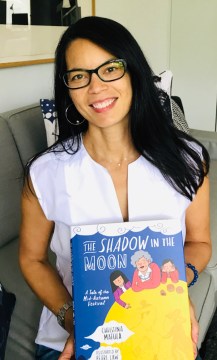
About Christina Matula:
Christina Matula grew up in Ottawa, Canada. Being a child of immigrant parents, she has always been curious about other cultures and far-off places. Dumplings are her favorite food, especially her mother’s savory Taiwanese jiaozi and her father’s sweet Hungarian gomboc. She has an MFA in Creative Writing from the University of Hong Kong and now lives in Finland with her husband, two children, and puppy.
Website: www.christinamatula.com
Twitter: @MatulaChristina
Instagram: @christinamatula
